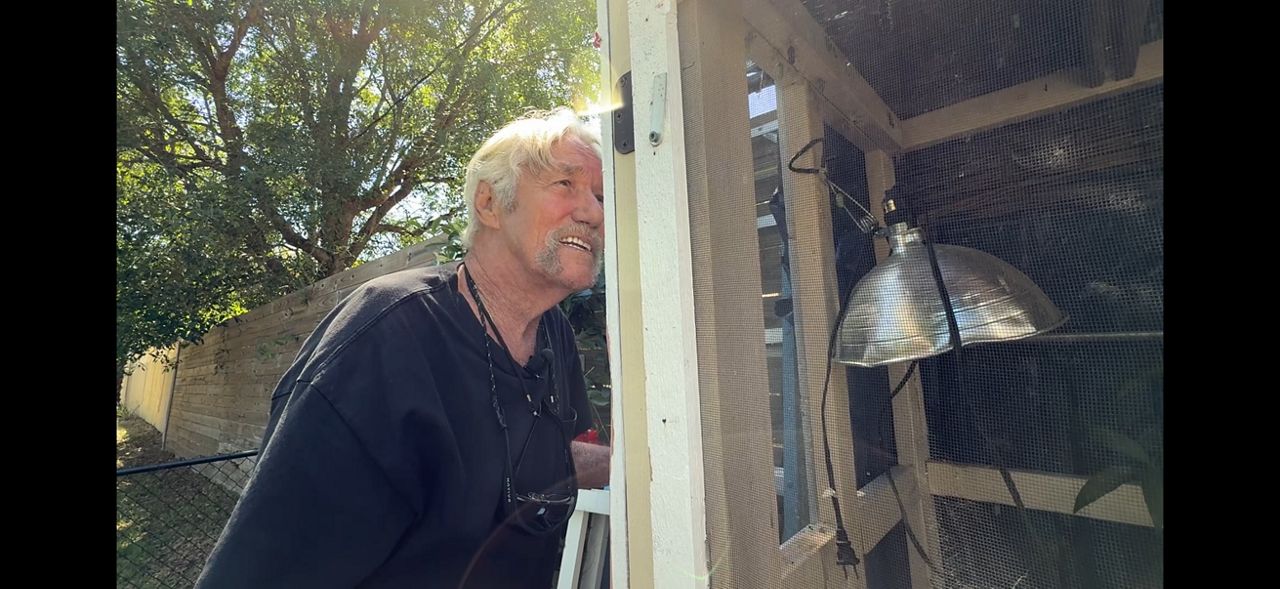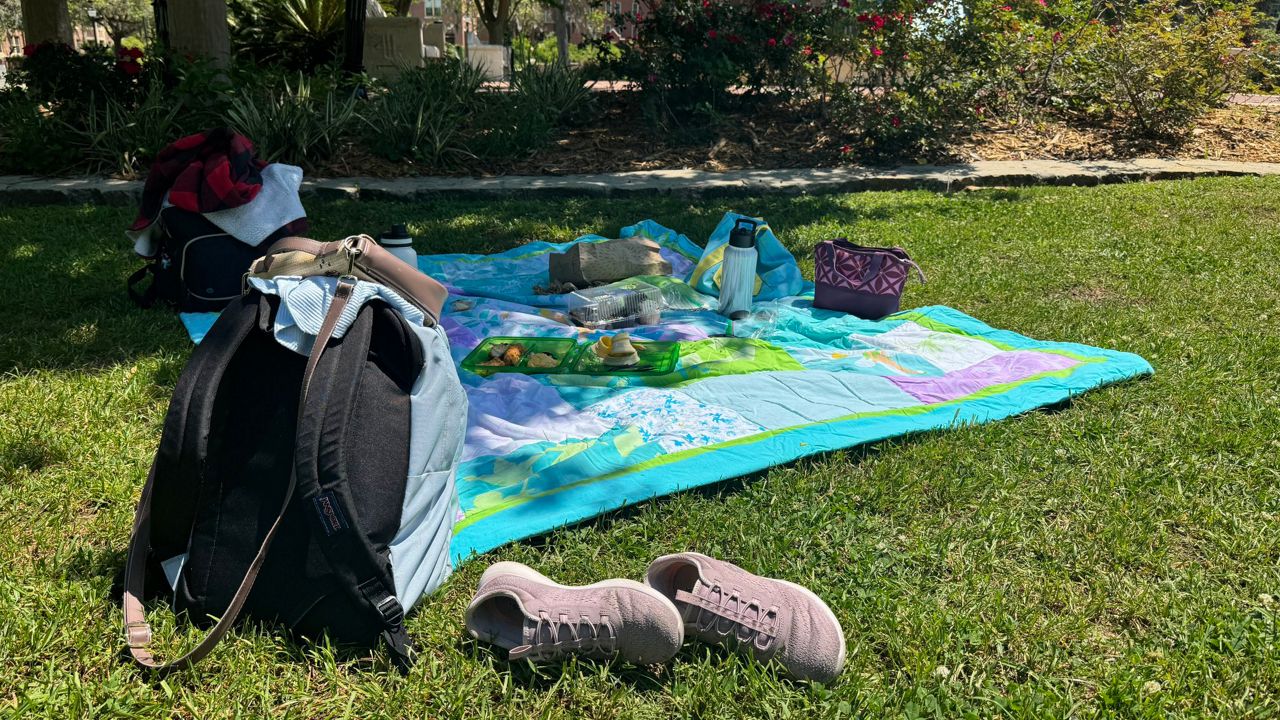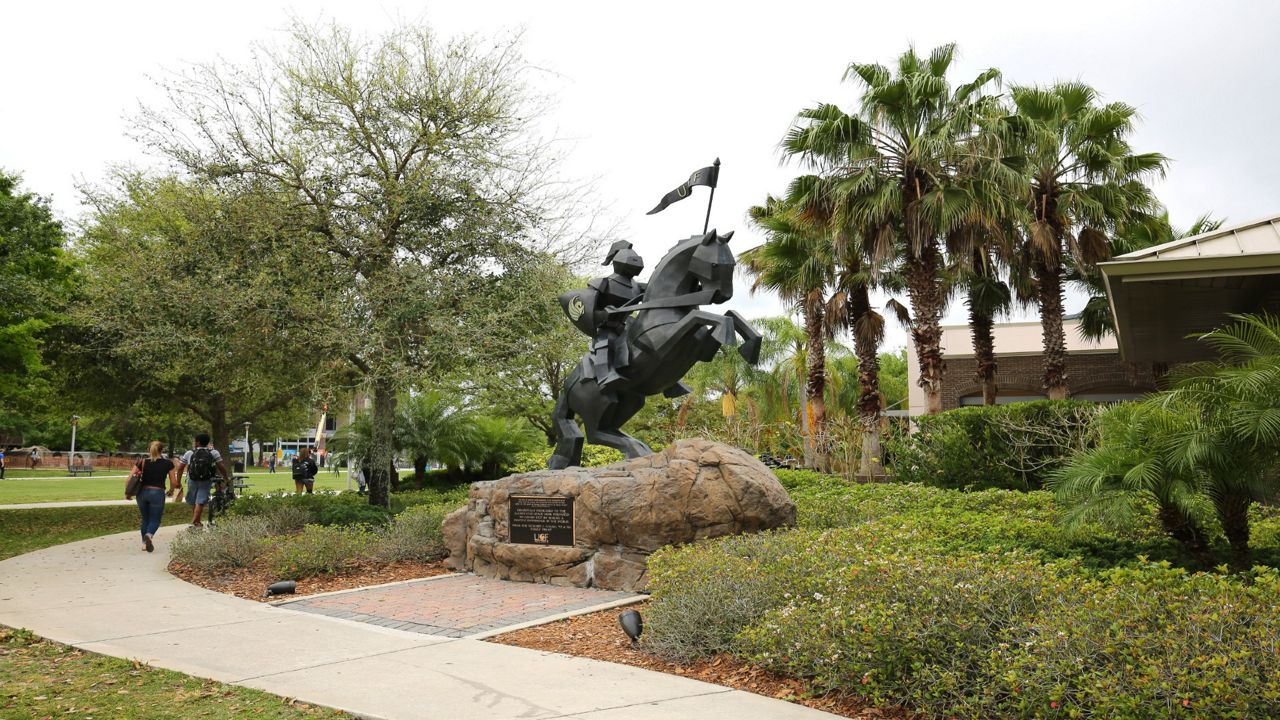LEESBURG, Fla. — Leesburg city commissioners voted not to put a pause on new residential developments in the area. The vote was 4 to 1.
If passed — this moratorium would have stopped all residential rezoning and annexations in the city until January 1, 2027, a period of over 20 months. This would not have applied to land that is already designated for residential uses — only to projects that require a comprehensive plan amendment and rezoning.
What You Need To Know
- The Leesburg City Commission voted to reject a proposed development moratorium
- The vote was 4 to 1
- According to Leesburg City Manager Al Minner, planned unit developments posted on the city’s website have gained a lot of attention in the community, causing some residents to request the failed moratorium
Expecting a full house, the meeting was moved from its regular location at City Hall to the Venetian Center, which holds about 500 people.
While a petition for the moratorium collected more than 600 signatures, the community was divided about a "slowdown" on development.
Don Magruder, the CEO of RoMac Building Supply, a company that has been in Leesburg for 80 years, was not sold on the idea.
“When you put a moratorium on any city, the message to the business community is you’re closed for business," he said. "No jobs, no industries welcome, that word is very negative.”
Meantime, some residents in Leesburg and also in unincorporated areas of Lake County worry about the impact new developments could have on the environment.
“A lot of people love this area because of its natural beauty," Lake County Conservation Council President Susan Fetter said. "A lot of people come to Lake County because of the rural lifestyle and because of the water, primarily the chain of lakes and the lakefront lifestyle.”
Another big concern some residents have is the increased traffic congestion they’re seeing already and that it could worsen with more residential developments.
“We got so many houses going up around us, you know, and this was all a rural area," resident Gary Custar said. "This was county rural area. The road is not designed to service this volume of traffic. We've lived here over 30 years, and the roads are the same as it was 30 years ago when we came here. They haven't made any improvements.”
Alan and Louise Chen moved to unincorporated Leesburg in 2017 and live on a lakefront property. They were proponents of the moratorium.
“We have been, um, certainly proponents for a moratorium, but also against the kind of rampant development that's occurring," Alan Chen said. “We live along one of the major feeder roads here, CR 44. And what we're seeing from CR. 44 is certainly overcrowding now, and during rush hour in the morning or in the evening, you can't get on this here — 44.“
The effects on the wetlands concern Louise Chen.
“Now that these places have been developed, and you can see a lot of these are going to feed right into the wetlands and then the wetlands are going to go right into the lake," she said. "And housing developments are just as polluting as mud farms.”
City officials said the reason behind the failed moratorium proposal is a surplus of 30,000 undeveloped, approved single-family residential lots within the city limits.
Leesburg City Manager Al Minner said the city has added several planned unit developments, or PUDs, over the past five years or so.
Those PUDs were published on the city’s website on a development map with about 40,000 dwelling units. Minner said it is his belief that the publishing of those planned units “triggered this storm.”
“The economic staple that growth and development is and the fact that at this time, 1,300 people a day are moving into the state of Florida, and if you are in the development industry, you see that as an economic opportunity," Minner said. "So, the question you have is economic opportunity versus impact of existing residents.”
Similar to Magruder, the Lake-Sumter Home Builders Association said in a statement it strongly opposed the moratorium.
“New construction plays a critical role in funding essential infrastructure such as roads, transportation improvements, and new schools through impact fees," the statement said. "If growth is halted abruptly, the financial burden of these improvements will shift entirely to existing residents rather than being shared with new development.”
Magruder and many other believe there is a solution out there and want to keep the conversation going.
“The meeting should have been about how we figure out these problems, he said. "How do we provide better roads and transportation? In my view, it’s a failure of the county, state, and federal government.”












